Display videos
Yes, I'd like to see videos dispalyed.
In the spring of 1979, he took part in a one-week trial in Leverkusen and made a very good impression. Bayer 04 signed the little-known 26-year-old Norwegian in the summer of 1980. He became the first senior international from outside Germany to play for Bayer 04. His first season here went like clockwork. He scored in his second match against Köln. On Matchday 7, he scored three goals against Borussia Dortmund.
Then came 7 March 1981, when Bayer 04 hosted second-placed Bayern Munich. It was cold and only 15,000 spectators were present at the Ulrich-Haberland-Stadion when the formerly unknown Norwegian single-handedly demolished the heavy favourites. He netted a hat-trick between the fourth and 24th minute. He even scored another goal in the second half - at least that's what the referee decided. When the Bavarians protested, Økland started to ponder. He told referee Udo Horeis that he’d only hit the outside of the net. As a result, Økland became the epitome of sportsmanship overnight and was awarded the FIFA Fair Play badge for his actions. In Leverkusen, they still love him for it today, but above all for his hat-trick. He played a total of 101 Bundesliga matches for the Werkself and scored 43 times.
In 1983, he moved from Bayer 04 to Racing Club in Paris. He played there for two years before returning home to Bryne for the rest of his career until 1987.
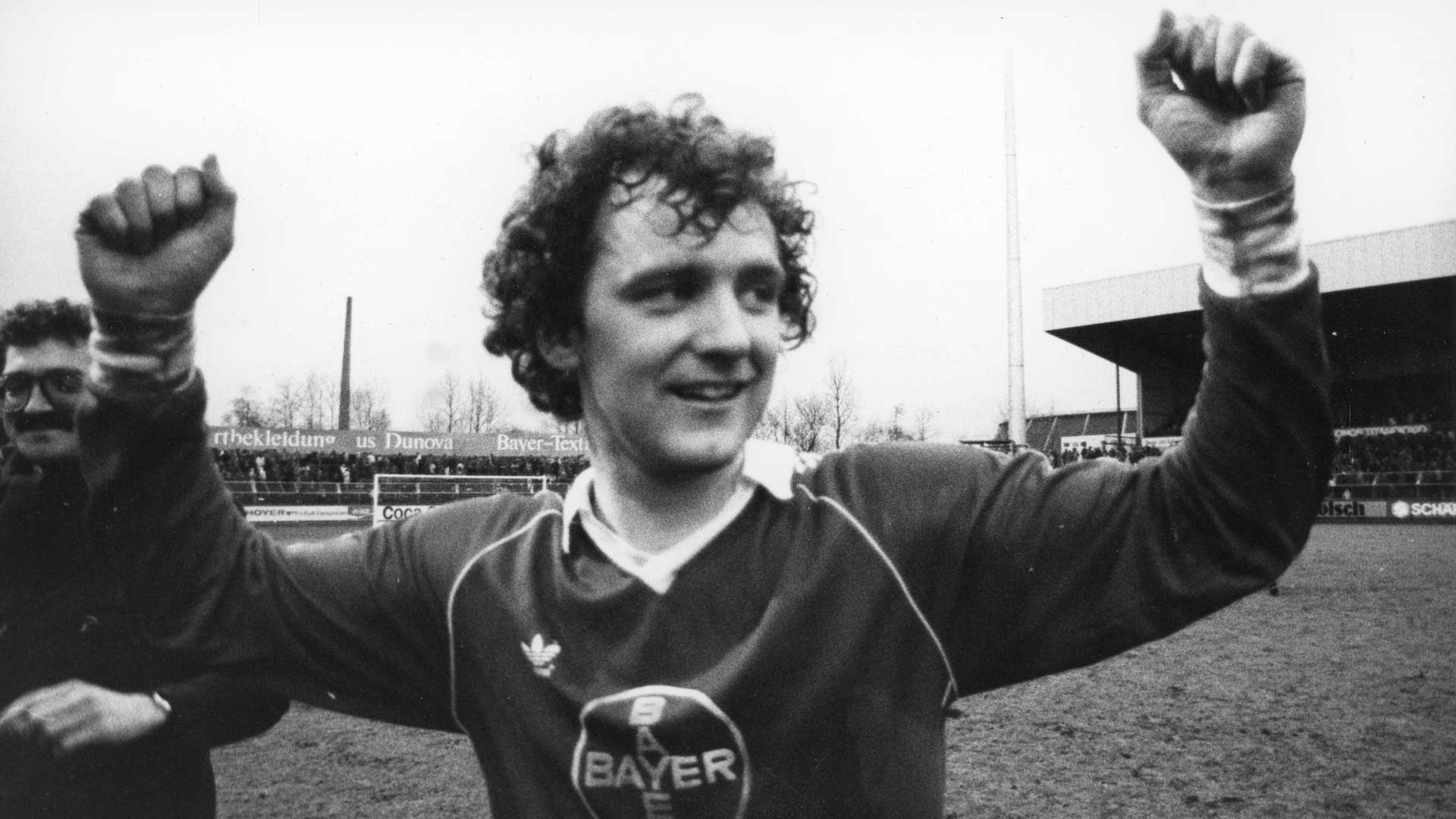

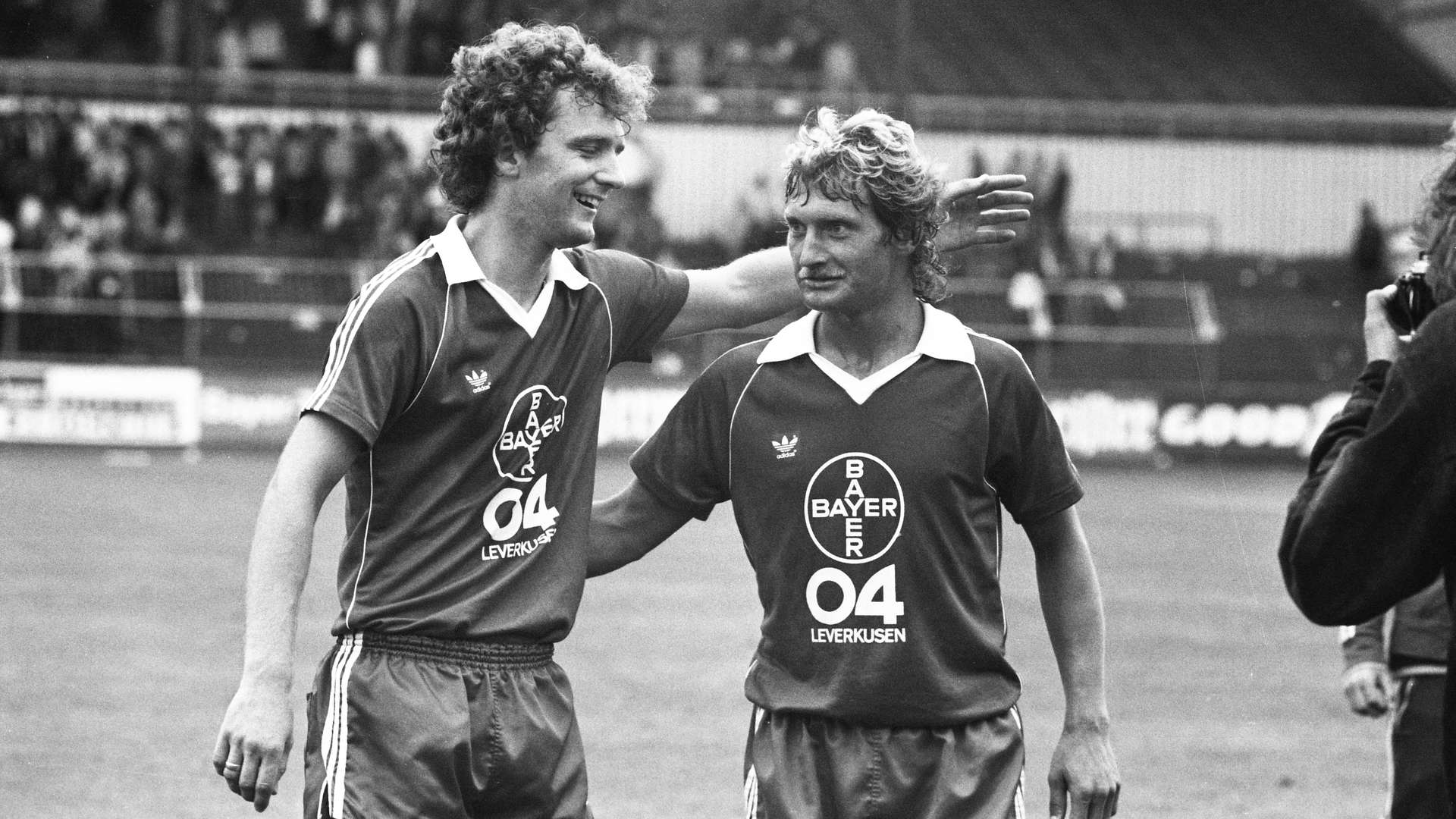
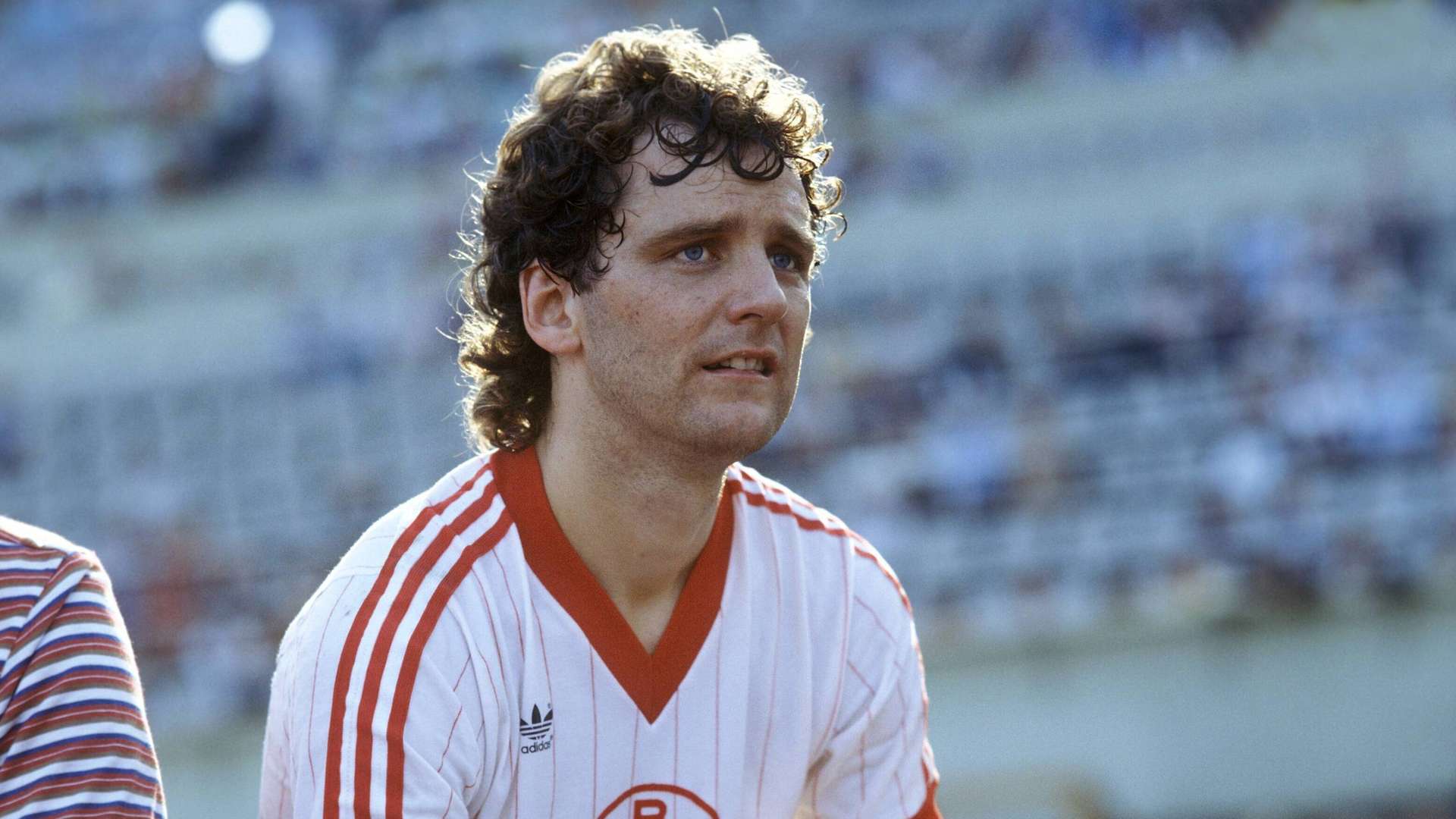
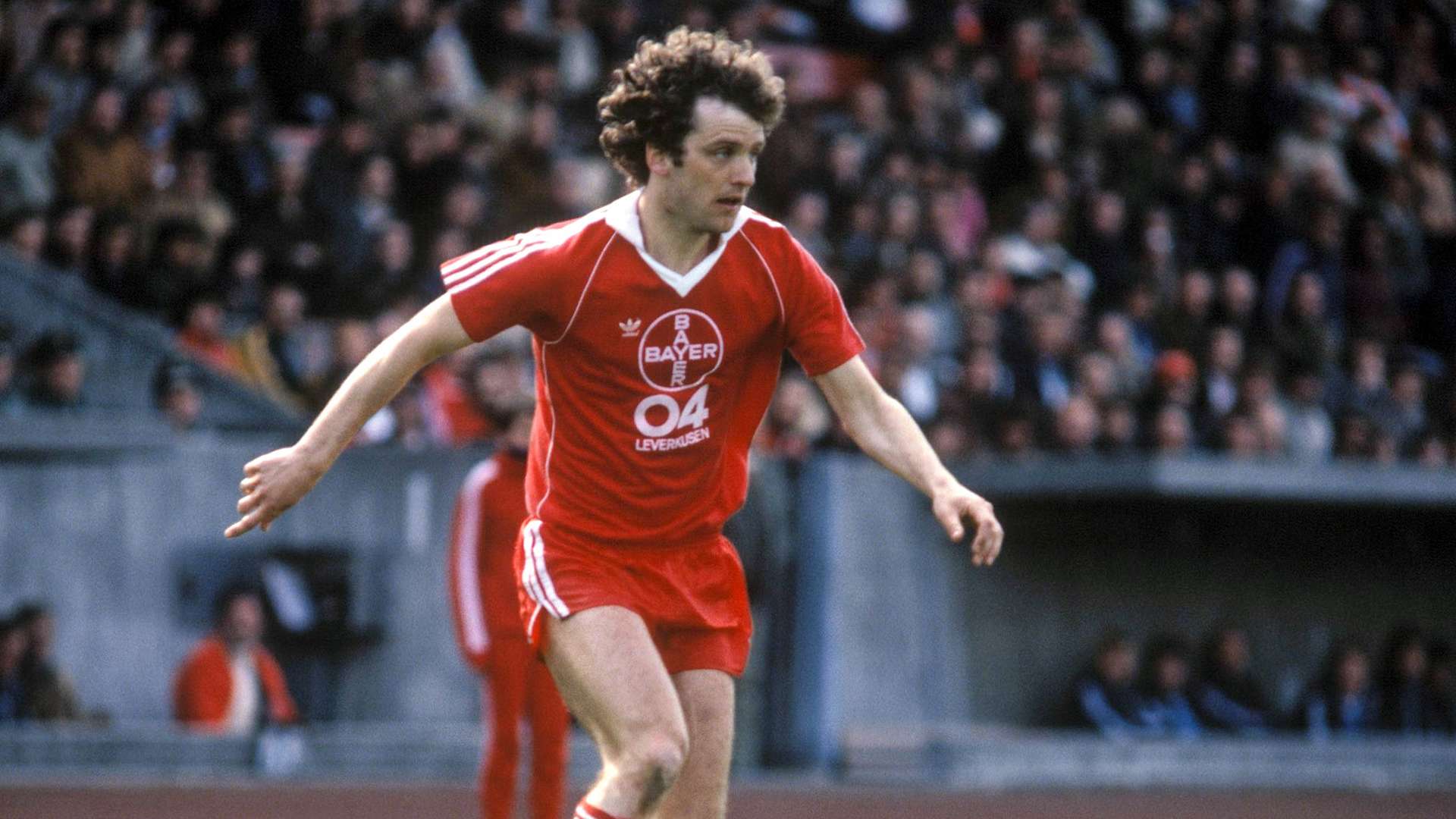
He played 54 games for the Norway national team, scoring 13 goals. After his career, he became assistant coach of Norway from 1989 to 1994, but also head coach of Viking Stavanger.
In the mid-90s, Arne slowly said goodbye to football, only appearing sporadically as a pundit on Norwegian television, and founded an advertising agency with two friends, without really knowing anything about advertising.
The boss of a pizza chain was so enthusiastic about the agency's work that he asked if Økland would like to join him. Arne said yes, even though he had no idea about catering. But he knew that Norwegians love pizza, and so he suddenly owned the Dolly Dimple's chain. He only left it a few years ago, when he was in charge of more than 80 branches and 1,600 employees and was called the "Pizza King". In the meantime, he is also the boss of a computer company and sits on the board of more than 10 different companies.
Today he lives with his wife on a small island and goes shopping by boat. Sometime in 1997, Økland discovered an advert in the business newspaper Dagens Næringsliv. It read: "Island for sale. Give us a call!" So he called, and the voice at the end of the line quoted a price of the equivalent of €65,000. Økland informed his wife and agreed to the deal. He likes the address. It is Hillesøy 1, but Hillesøy 2 does not exist. So today he lives near his home town, which has the same name as him: Økland. His mother owned a grocer's shop there. And his father once worked there as a cook.
Dear Arne, I wish you all the best for your 70th birthday. Stay just the way you are and, above all, stay healthy!
Related News
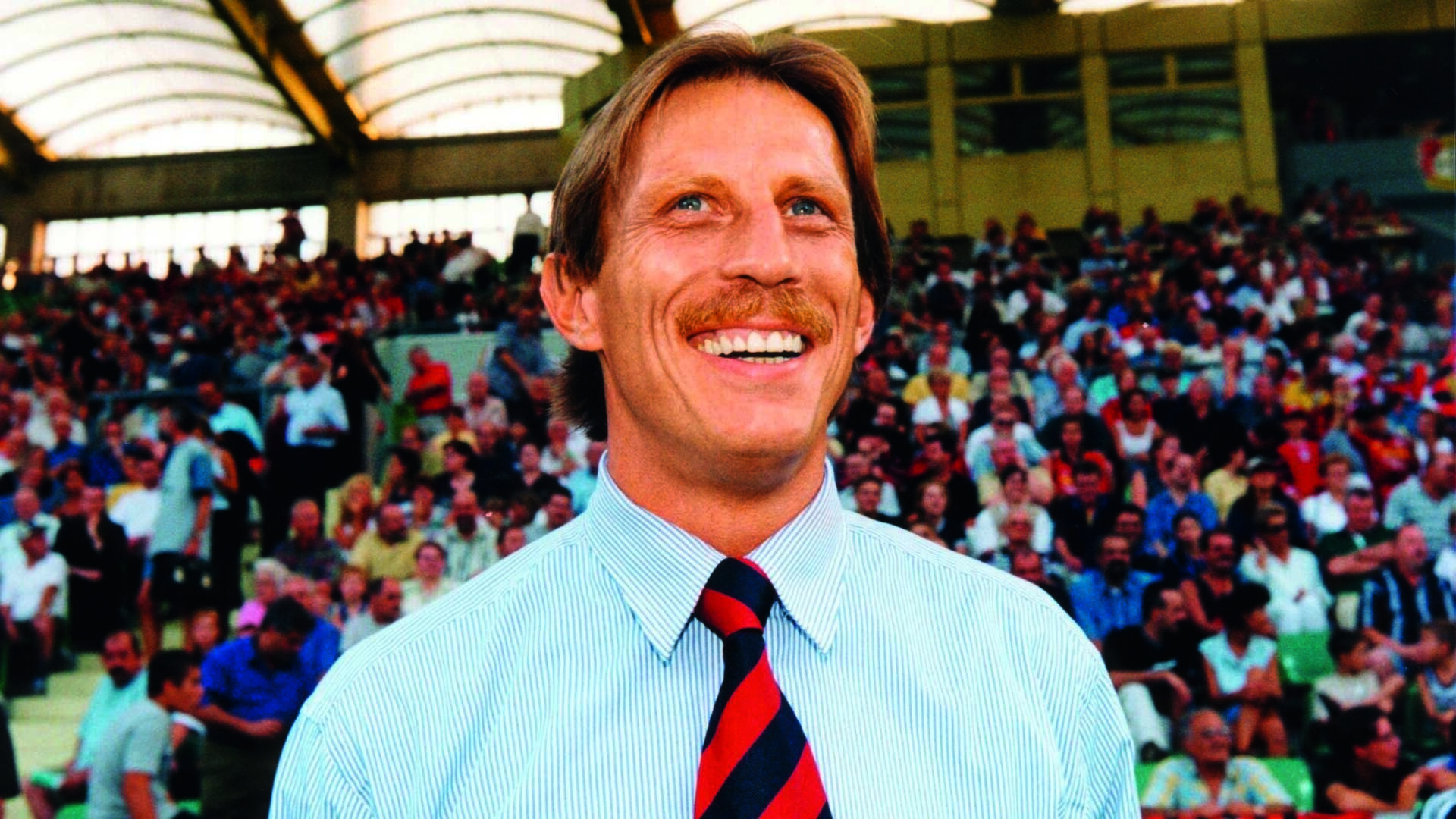
Legend: Christoph Daum - The man who taught us to want
Christoph Daum was born on 24 October 1953 in Zwickau. As a child, he moved to West Germany with his mother and grew up in Duisburg. He developed a great enthusiasm for football at an early age, even though it soon became clear that his future lay less on the pitch than on the sidelines. Even at a young age, his passion for analysing, explaining and improving things became apparent.
Show more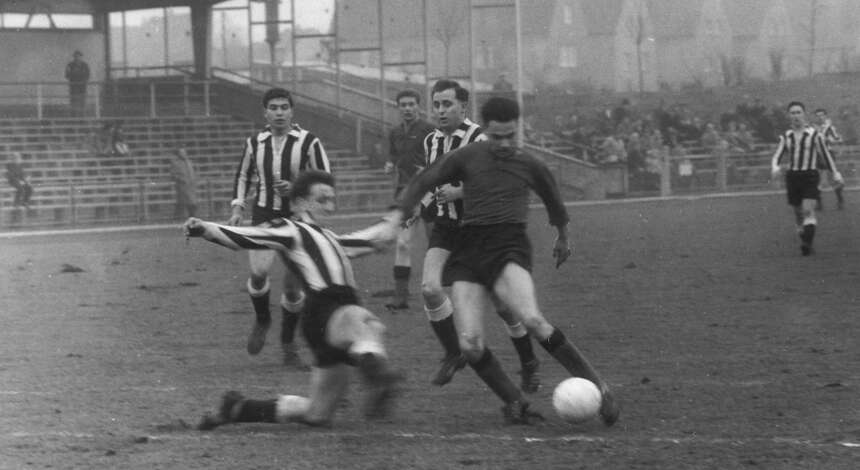
From the archives: 65 years ago - Another victory at last
When the Bayer 04 players celebrated Christmas in 1960, they spent the winter in second place in the Oberliga West 2 on 20 points - but already five points behind leaders Schwarz-Weiß Essen. However, coach Erich Garske's team are struggling to get back on track in the new year. A goalless draw against Bonner FV at home at the Ulrich Haberland Stadium was followed by a 2-1 away defeat in Erkenschwick. The following home game also yielded just one point. As a result, the team's promotion ambitions dwindled to a minimum, as the gap to the coveted spot has now grown to a challenging ten points.
Show more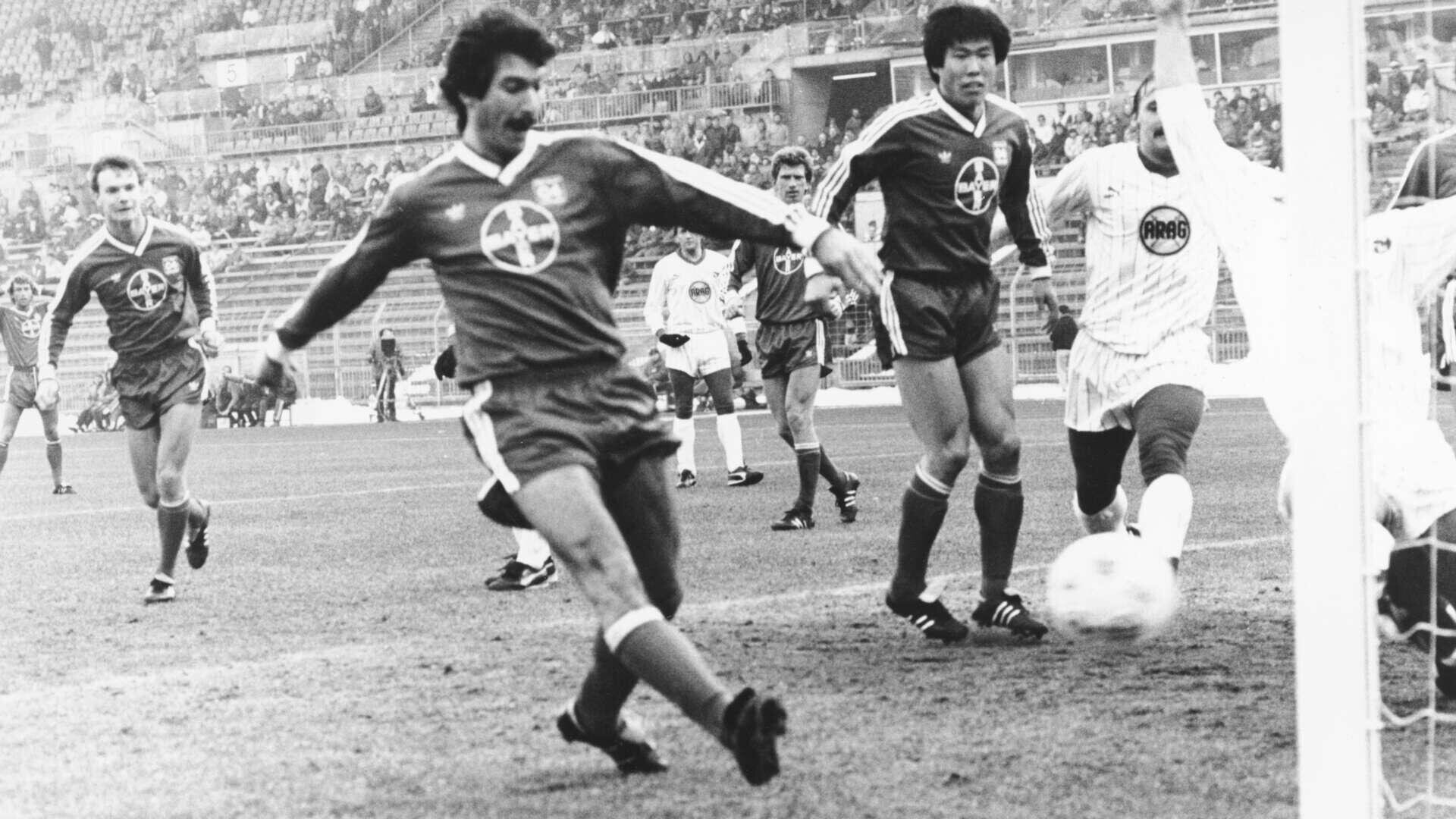
Goals of the month: From Waas to Tapsoba
In this video you can see impressive and important goals in Bayer 04 history from the month of February. It's not always about the beauty of the goals, but also a reminder of special games and players.
Show more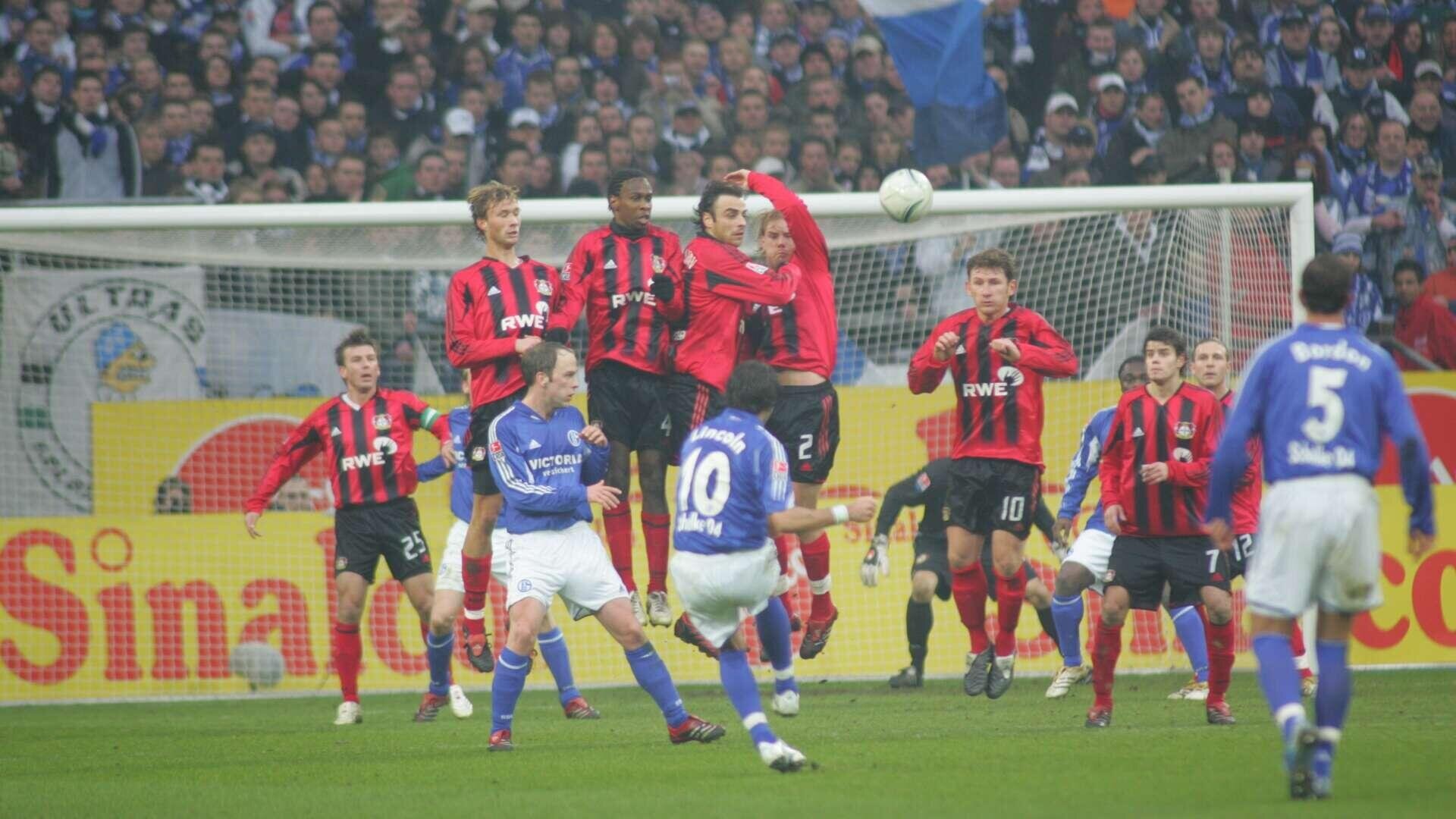
Match of the month: 20 years ago - A game of goals galore
It is 11 February 2006 and Schalke 04 and the Werkself kick off at 3.30 p.m. in a match that ends up being historic - at least from a Bayer 04 perspective.
Show more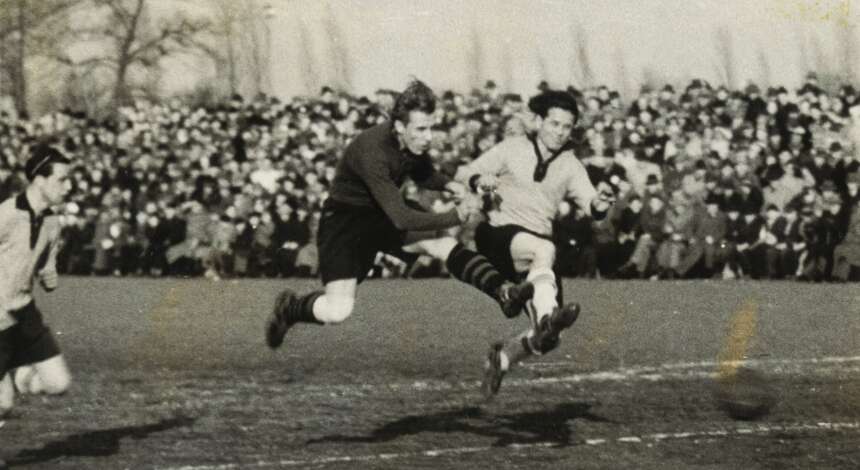
History: 75 years ago - The 1950/51 season (February)
As league leaders, the Werkself welcomed the relegation-threatened team from Rhenania Würselen. On 4 February 1951, 5,000 spectators line the touchlines despite the Sunday carnival parades. And they see a home team that is superior on the pitch. Without Theo Kirchberg, who was ill, and Emil Becks, who was suspended, the hosts attacked the opposing goal from the start. Battling against a strong wind in the first half, Bayer 04 created chance after chance, but were repeatedly thwarted by the Würselen goalkeeper. With the score at 0-0 at half-time, Karl Heinz Spikofski tried his luck on 55 minutes and hammered the ball into the opposition net from 20 metres out. Rhenania can no longer counterattack. The siege of the Würselen penalty area continued right to the end, but the game ended in a narrow 1-0 win.
Show more